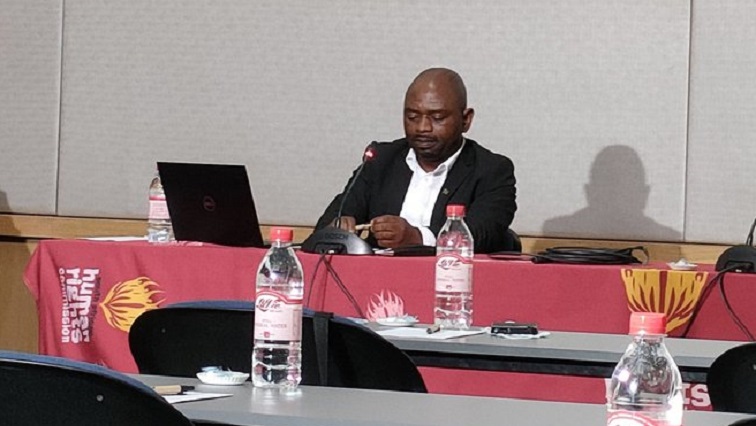As the South African Human Rights Commission’s hearings into July’s unrest continue, witnesses say that poverty and inequality were contributing factors to the widespread looting.
The Commission which is sitting in Umhlanga in KwaZulu-Natal heard testimony from shack dwellers’ organisation Abahlali baseMjondolo and social science academics. The unrest claimed the lives of over 350 people in KwaZulu-Natal and Gauteng.
The hearing into July’s civil unrest entered its third week in KwaZulu-Natal on Monday.
‘Riots were planned’
President of shack dwellers organisation Abahlali baseMjondolo, Sbu Zikode says he believes that people were voicing their anger through their actions during July’s civil unrest. Zikode says he believes that people wanted to vent their anger over many issues.
“People have found other ways even if there wasn’t a Zuma moment of this nature but this was going to come. We’ve seen it coming in many ways also through the level of anger. We’ve seen this anger against migrant communities, the xenophobia, the minority groups, the LGBTIQ+ communities having been through constant attacks. The level of hate and anger that we believe is being created.”
He told the Commission that he believes the riots were planned at a political level.
“Our view is that our state security agency would have all required knowledge, competency experience and tools to have known what would happen, given to what was happening outside the former President’s residence in Nkandla before the actual looting, speaks volume not to know on the side of the police and state security agencies.”
#SAHRCJulyUnrestHearings Professor Paulos Muzomuhle Zulu takes the oath. #sabcnews pic.twitter.com/12KcRVGJtd
— Jayed-Leigh Paulse (@JayedLeigh) November 29, 2021
‘Pre-existing racial mistrust’
Social Scientist at the University of KwaZulu-Natal – Professor Paulos Zulu – echoed the testimony of previous witnesses who told the hearing that they believe July’s civil unrest was planned. Zulu says looters came in after groups of people had already broken into malls.
“The crowds happened to go into areas that were already prepared for them. What do I mean by prepared? Someone would have gone ahead opened the venues into which the crowds looted. In other words, the shops, factories, in some instances. The assumption made through observation is that the ordinary rank and file did not have the equipment to break into the places that were looted.”
Zulu says that pre-existing racial mistrust was the key aspect used by individuals who wanted to render South Africa ungovernable. He says work is needed to deal with factors that create divisions in society, especially among different communities.
“Focusing on race alone as a mechanism of social cohesion, it probably not be counter-productive but it will not serve a much greater purpose. There are issues of poverty and inequalities which are not necessarily racial but could have a racial origin in the beginning. But I’m saying we have not done enough as a country to ensure that those factors which create a divisive society are attended to sufficiently. And among them, there is race, there’s the economy.”
Zulu wrapped up his testimony by urging the Commission to investigate allegations that the intelligence services worked with so-called influential people to keep certain political figures in power.
The commission’s hearings are continuing and the National Police Commissioner General Khehla Sitole and KwaZulu-Natal police Commissioner Lieutenant-General Nhlanhla Mkhwanazi are expected to give their testimony.
For more, see video link below:


